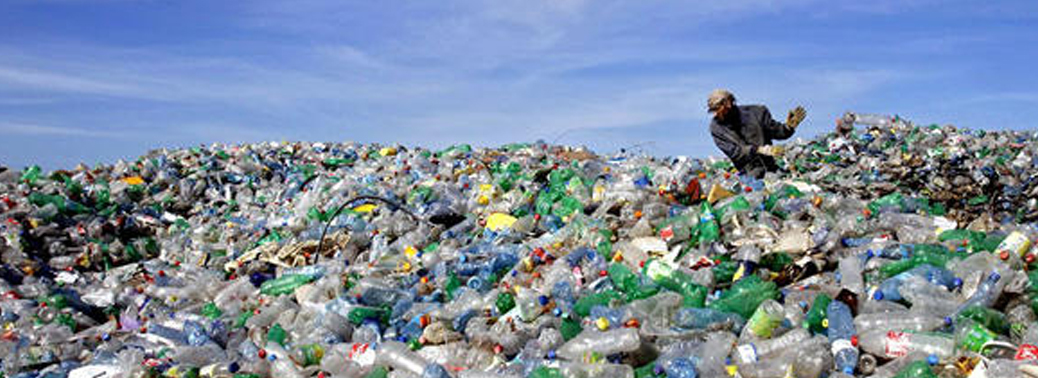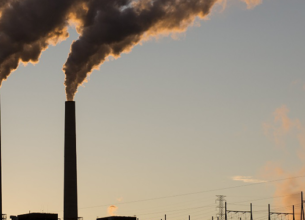PLASTIC WASTE MANAGEMENT
30, Jan 2020

Prelims level : Pollution and Waste Management
Mains level : GS-III Conservation, Environmental Pollution and Degradation, Environmental Impact Assessment.
Why in News?
- Recently, The Central Pollution Control Board (CPCB) has told the National Green Tribunal (NGT) that e-commerce giants Amazon and Flipkart need to fulfil their extended producer responsibility.
Central Pollution Control Board:
- It is of India is a statutory organisation under the Ministry of Environment, Forest and Climate Change.
- It was established in 1974 under the Water (Prevention and Control of Pollution) Act, 1974.
- It is also entrusted with the powers and functions under the Air (Prevention and Control of Pollution) Act, 1981.
Extended Producer Responsibility (EPR):
- It is a policy approach under which producers are given a significant responsibility – financial and physical – for the treatment or disposal of post-consumer products.
- It provides incentives to prevent wastes at the source, promote product design for the environment and support the achievement of public recycling and materials management goals.
Plastic Waste Management Rules, 2016:
- According to the rules, the Primary responsibility for collection of used multi-layered plastic sachet or pouches or packaging is of Producers, Importers and Brand Ownerswho introduce the products in the market. They need to establish a system for collecting back the plastic waste generated due to the packaging of their products.
- The 2016 rules were amended in 2018, laying emphasis on the phasing out of Multi-layered Plastic (MLP), which are “non-recyclable, or non-energy recoverable, or with no alternate use.”
- It is framed in 2016 which extended the responsibility to collect waste generated from the products to their producers (i.e. persons engaged in the manufacture, or import of carrying bags, multi-layered packaging and sheets or like and the persons using these for packaging or wrapping their products) and brand owners.
- They have to approach local bodies for the formulation of plan/system for the plastic waste management within the prescribed time frame.
- It has been extended to villages as well. Earlier, it was limited to municipal districts.
- It prescribes a central registration system for the registration of the producer/importer/brand owner.
- It also provided that registration should be automated and take into account ease of doing business for producers, recyclers and manufacturers.
- Central Pollution Control Board (CPCB)has been mandated to formulate the guidelines for thermoset plastic (plastic difficult to recycle).
- The national registryhas been prescribed for producers with a presence in more than two states, a state-level registration has been prescribed for smaller producers/brand owners operating within one or two states.
Way Ahead:
- Using of plastic packing constitutes more than 40% of the total plastic waste generated in India.
- It is important to direct the usage to Plastic Packing Materials and shift to Environment-Friendly Packing Material.
- Biodegradable plasticis plastic made from all-natural plant materials (including corn oil, orange peels, starch, and plants etc.).
- It can decompose naturally in the environment when microorganisms in the soil metabolize and break down the structure of Biodegradable Plastic.










